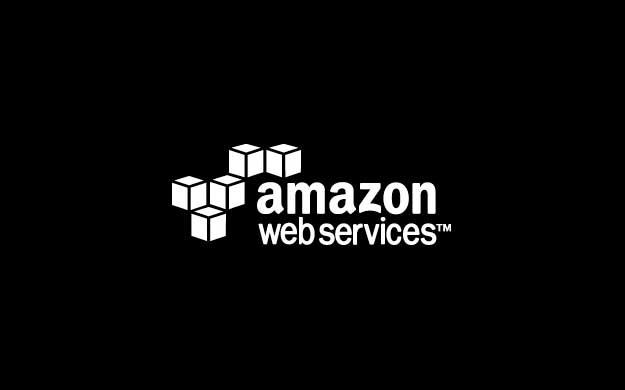Amazon Plans First Cloud Data Centers in Canada
Once again following in its rival Microsoft’s footprints, Amazon Web Services is gearing up to launch a cloud region in Montreal. These will be Amazon’s first cloud data centers north of the US border.
The announcement comes after last week’s announcement of the launch of the first AWS data centers in South Korea.
AWS is still the leader in cloud infrastructure services in terms of revenue, while Microsoft Azure appears to be a distant second, although the latter doesn’t break out its cloud services unit’s revenue. But Microsoft has been ahead of its rival in terms of physical reach of its cloud, an increasingly important part of competing for the dollars of cloud customers around the world who care more and more about location of their data.
Twenty-two Azure regions are generally available today, and four more are awaiting general availability, currently available to certain customers only. There are 12 AWS regions, and five in the works.
Microsoft said in June it was building cloud data centers in Toronto and Quebec City, expecting to launch them this year. Chief AWS evangelist Jeff Barr didn’t mention a target launch date for Amazon’s first Canadian data centers in his blog post announcing the project.
In some geographies, Microsoft has been building and bringing online cloud data centers faster than Amazon. In India, for example, one of the most important emerging markets for cloud services, Microsoft announced the launch of data centers in three distinct locations last September. Amazon said last year it plans to bring cloud data centers to India sometime in 2016.
The two Washington State-based tech giants were head-to-head in announcing plans to launch data centers in the UK, a crucial market where it has become more important to have physical presence for cloud providers since last year’s annulment of rules that governed storage of European users’ data in data centers outside of Europe. Microsoft said it was building cloud data centers in the UK about one week after AWS said it was doing the same.


